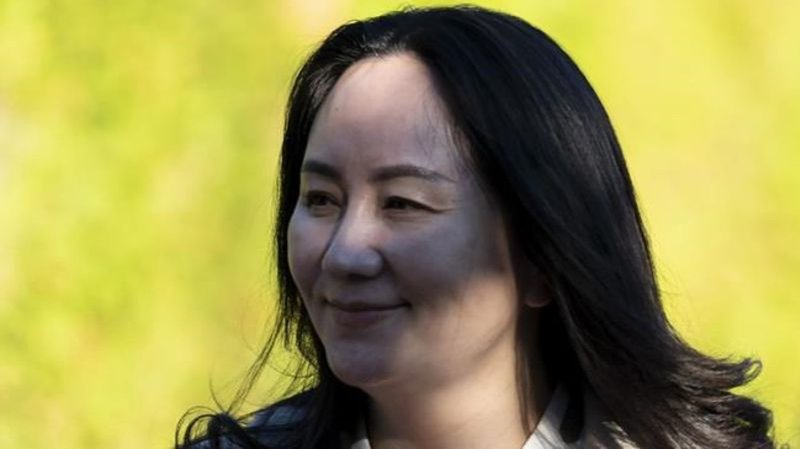
U.S. misrepresented allegations against Meng Wanzhou to Canada: lawyer
VANCOUVER, Wash. — Huawei executive Meng Wanzhou is back in a Vancouver court today, where her lawyers are arguing the United States omitted or misstated facts to Canadian officials ahead of her arrest.
Meng is wanted on fraud charges in the United States, which she and Huawei have denied.
She is accused of misrepresenting Huawei’s relationship with Skycom in a 2013 PowerPoint presentation to HSBC, allegedly putting the bank at risk of violating U.S. sanctions against Iran.
Canada’s attorney general has said in documents that Huawei controlled Skycom’s operations in Iran from 2007 until 2014, which contradicts Meng’s statements.
